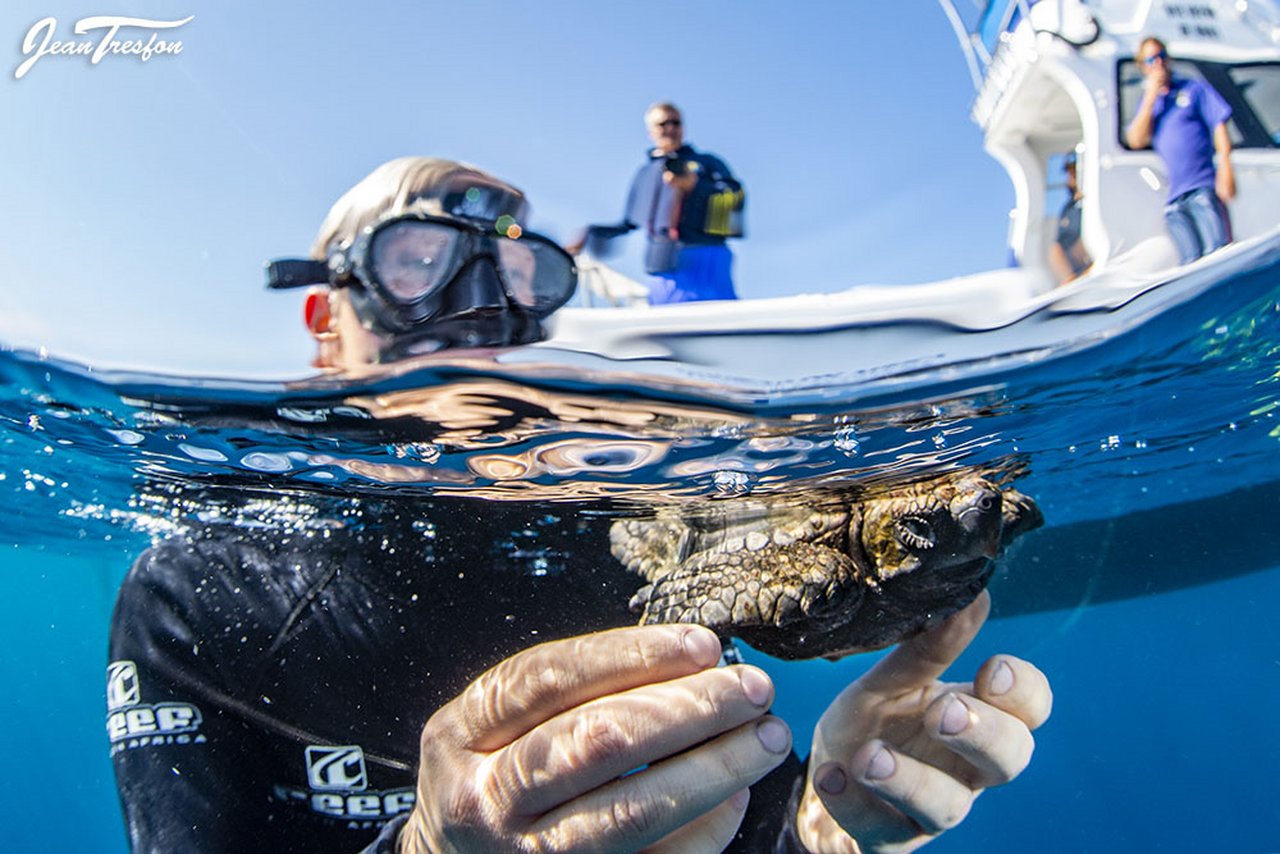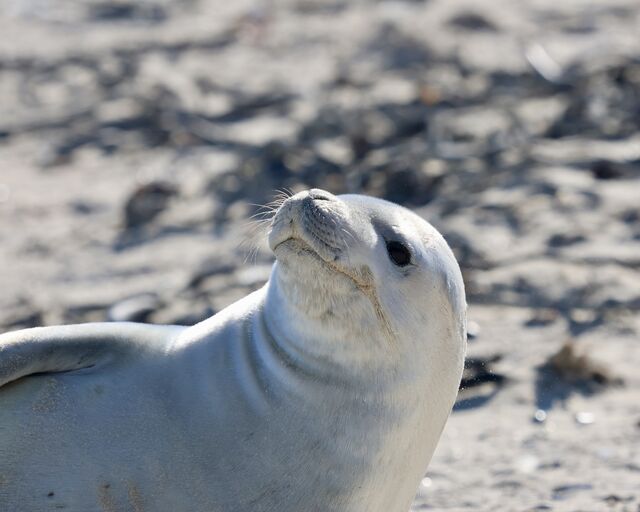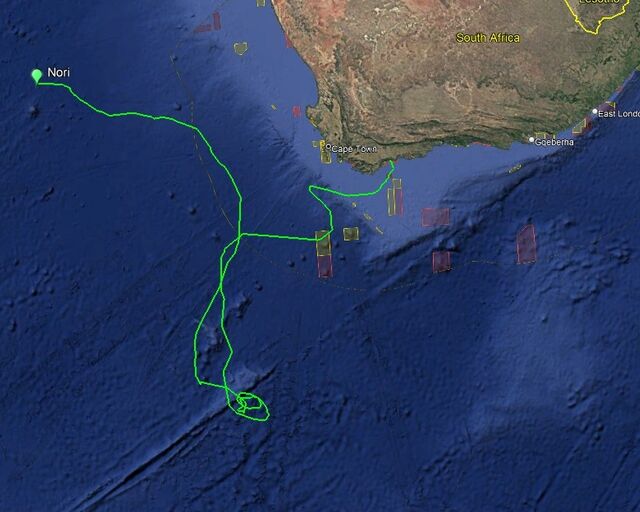What's better than rescuing a distressed sea turtle? Not needing to.
When a sea turtle accidentally eats plastic pollution, is tangled in discarded fishing gear, or faces the effects of a shifting climate, it falls on humans to help. Unfortunately, human intervention is expensive, and we can only help the turtles that are lucky enough to be stumbled upon by a good samaritan.
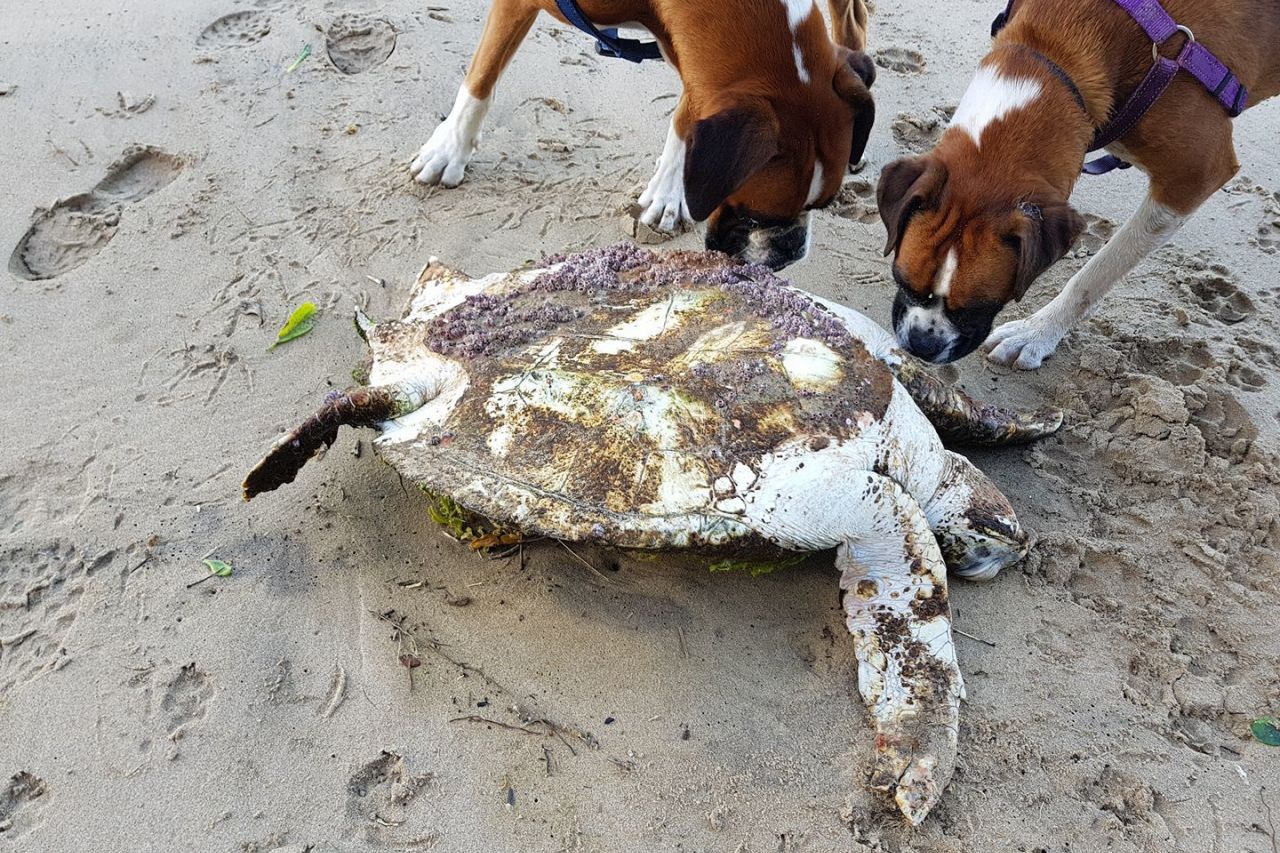
A rescue like this triggers a long and expensive recovery mission so that the turtle can eventually return to its ocean home healthy, but is this really the most effective way to save a turtle's life? Unfortunately not - the most effective way to help turtles is by preventing those human-made hazards from ever affecting their habitats in the first place.
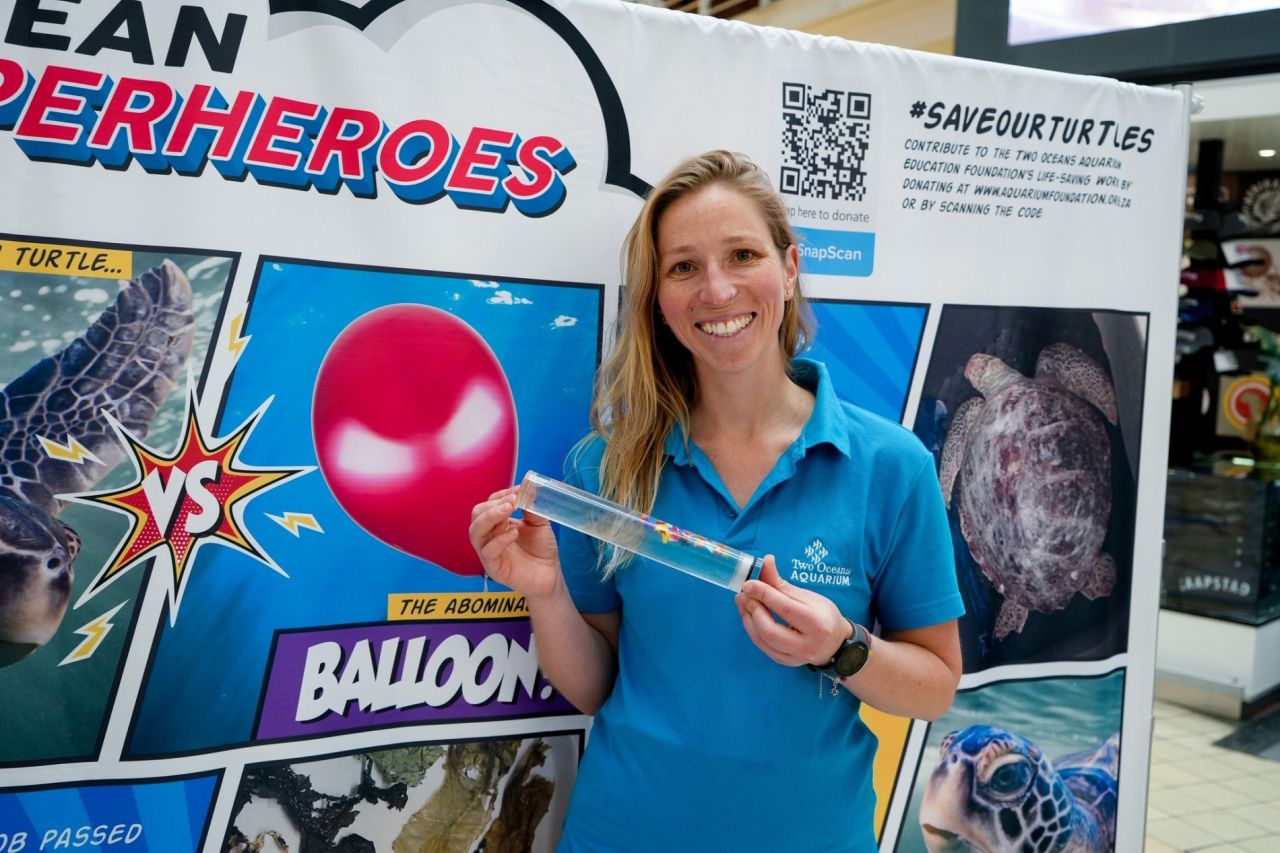
Telling stories
Rescued turtles are incredible animal ambassadors, and their stories are powerful resources to inspire people to create a better world - the most important part of our mission. (Although, we'd rather have an ocean full of healthy turtles without interesting stories, but for now, we hope the resilient survivors we encounter can make an impact!)
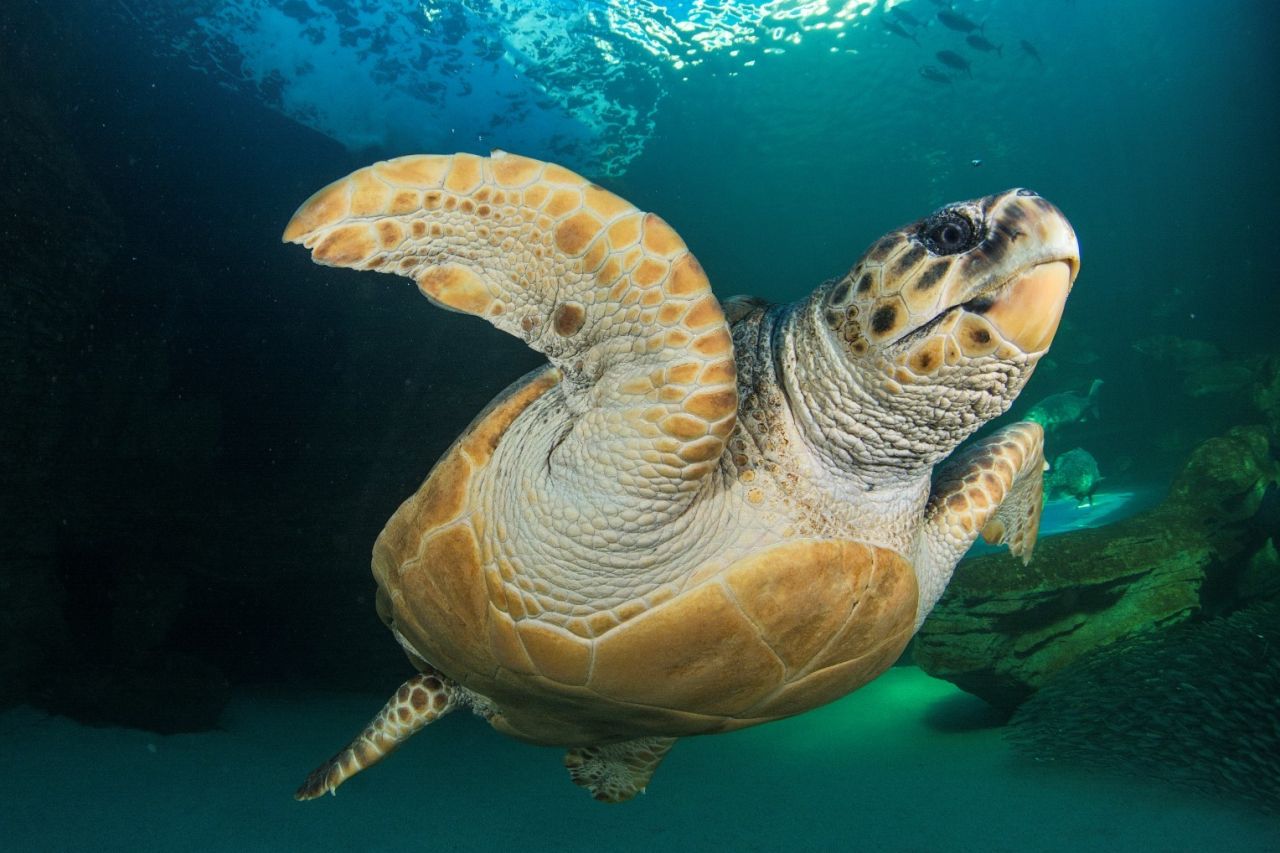
Sea turtles in particular have some great traits as ambassadors that truly make their stories valuable, and not simply "fluff" pieces. Here are a few reasons:
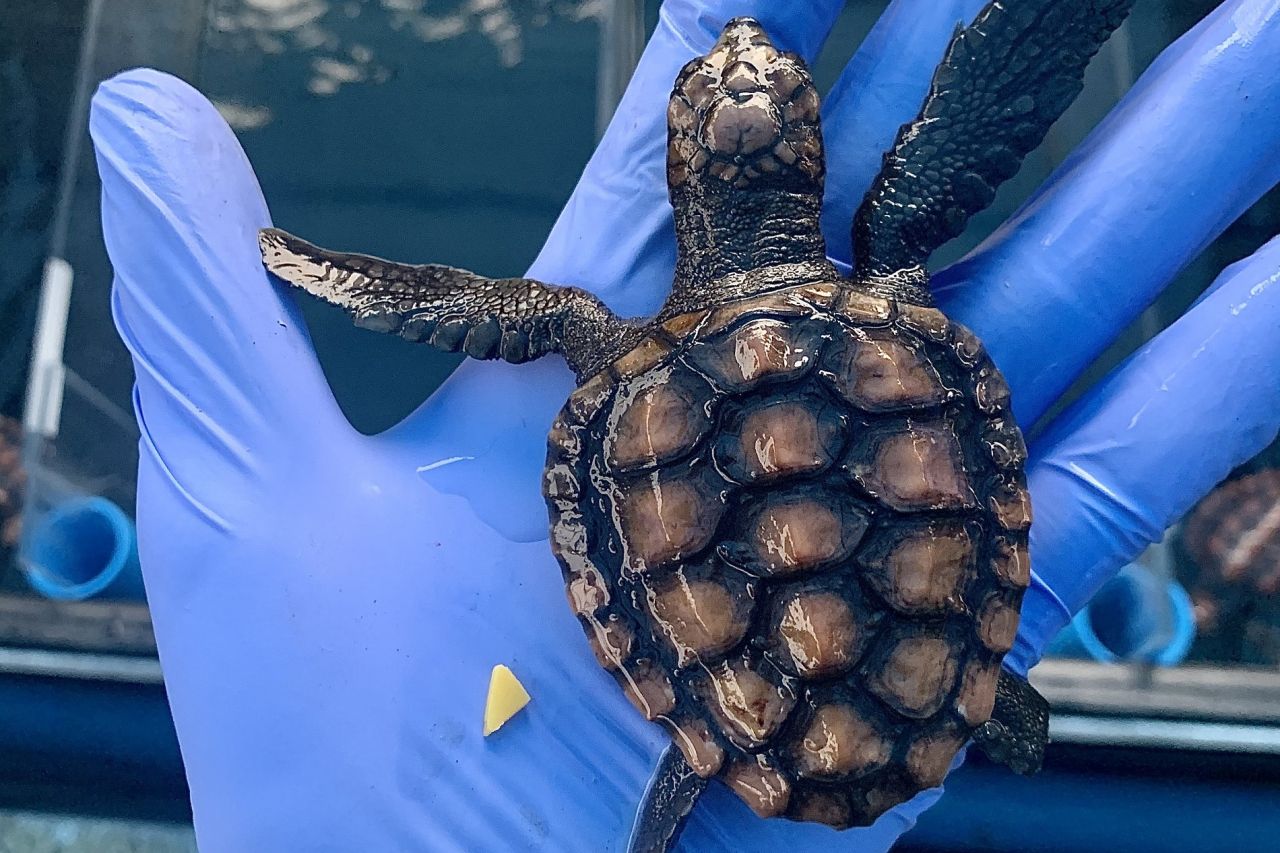
- Turtles are indicator species. Because they traverse a wide area of ocean, turtles are impacted by the same factors that affect more obscure habitats. Thus the health of turtles is a reflection of the health of the ocean overall.
- The most visible issues that affect the turtles washing up on the Western Cape shores are also issues that everyday people can have an effect on at home - plastic pollution, ghost fishing gear, and climate change.
- Although stories are touching, we need more than anecdotes to motivate change. Fortunately (or unfortunately ), turtle rescues are common enough that we can collect useful data from hundreds of specimens. So, while the story of Bob pooping out party decorations could be misconstrued as a once-off incident, the fact that almost three quarters of all the turtles arriving at our rehabilitation facility have ingested plastic is a fact strong enough to motivate change.
- Sea turtles are charismatic - everybody loves turtles, that's a fact. Human psychology is something we have to contend with, and having a loveable animal as an ambassador does make a difference. There's a reason WWF's logo is a panda and not a saiga.
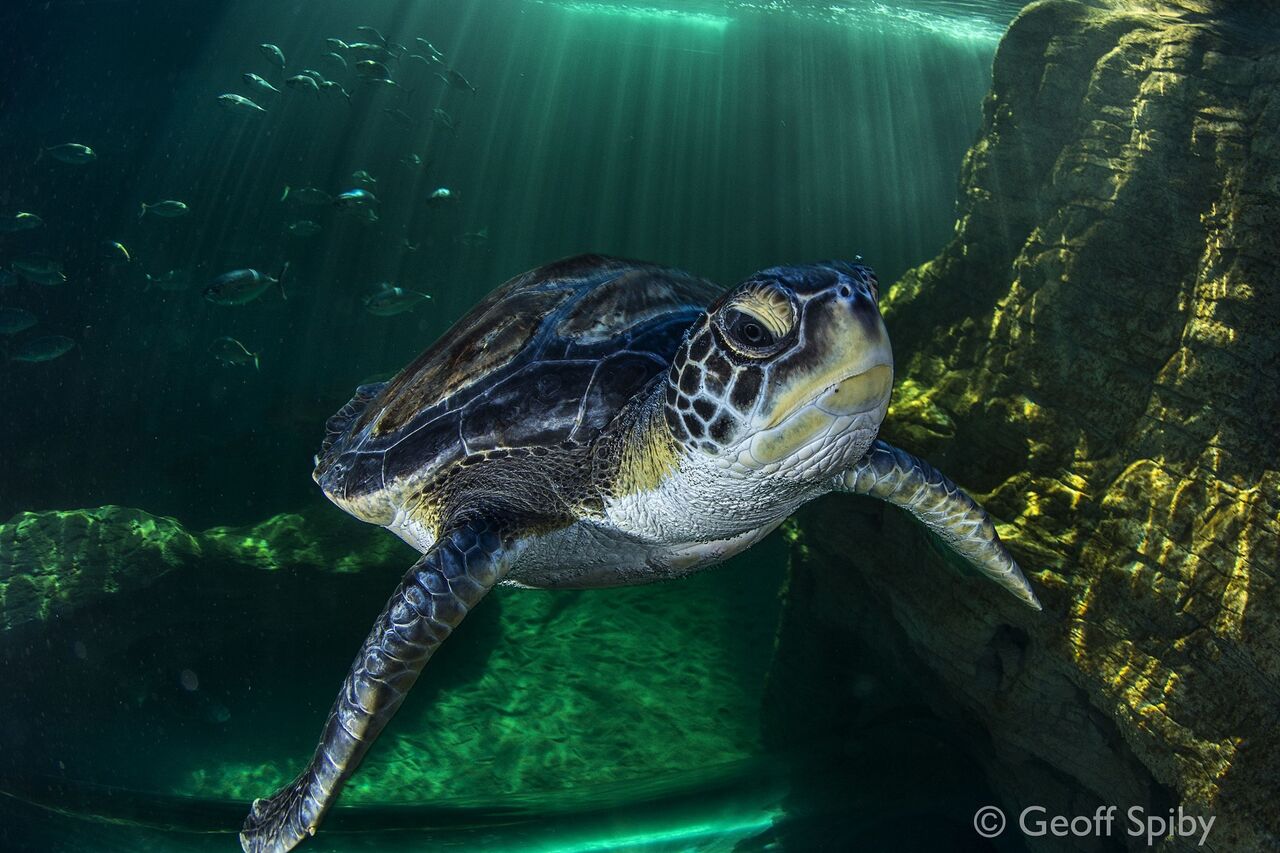
What impact does awareness have?
If the millions of people that are exposed to these stories by visiting the Aquarium, seeing them on social media, or reading about them in the news make a change, it adds up. Even if a million people make a big change, we can change government policy - and thus the world. If a million people only make a small change, like saying "no" to plastic straws, it adds up too. After all, it literally only takes a single piece of plastic to kill an endangered sea turtle. Either way, the benefits of story sharing are immeasurable.
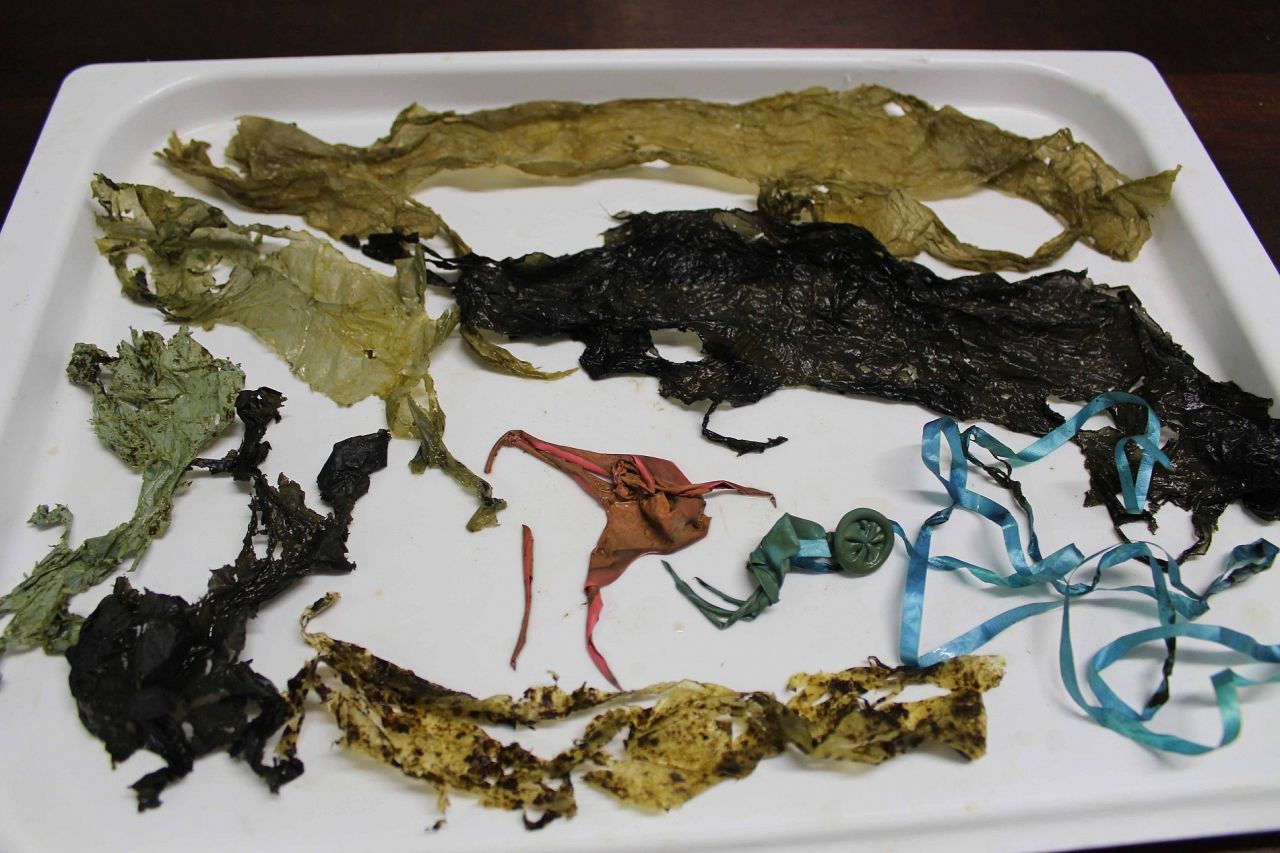
We believe that most people are inherently good, and that behaviours, buying practices and habits that are bad for the environment generally come from ignorance, lack of alternatives, and lack of access to alternatives. If properly informed about how their lives affect the oceans, we believe most people would choose the options that do not have a harmful impact. In this sense, small, convenient changes like refusing plastic drinking straws can be immediately effective, and by applying consumer and voter pressure for greater affordability and convenience, options like paper shopping bags, meat alternatives and better wastewater treatment become a reality for more people.
In truth, the one plastic shopping bag you refuse, the sanitary products you dispose of in a bin rather than flushing, or the paper party décor you chose could all be directly saving an endangered sea animal. After all, it was one person's shopping bag that choked Alvi, one person's balloon that almost killed Bob, one person's balloon that blocked up this hatchling, and one person's water bottle that almost choked this one.
One person does make a difference.
Helping to create awareness
With the support of incredible partners like Consol Glass and the V&A Waterfront, the Two Oceans Aquarium Foundation is able to tackle both these roles - being hands-on turtle rescuers, and ocean education ambassadors.
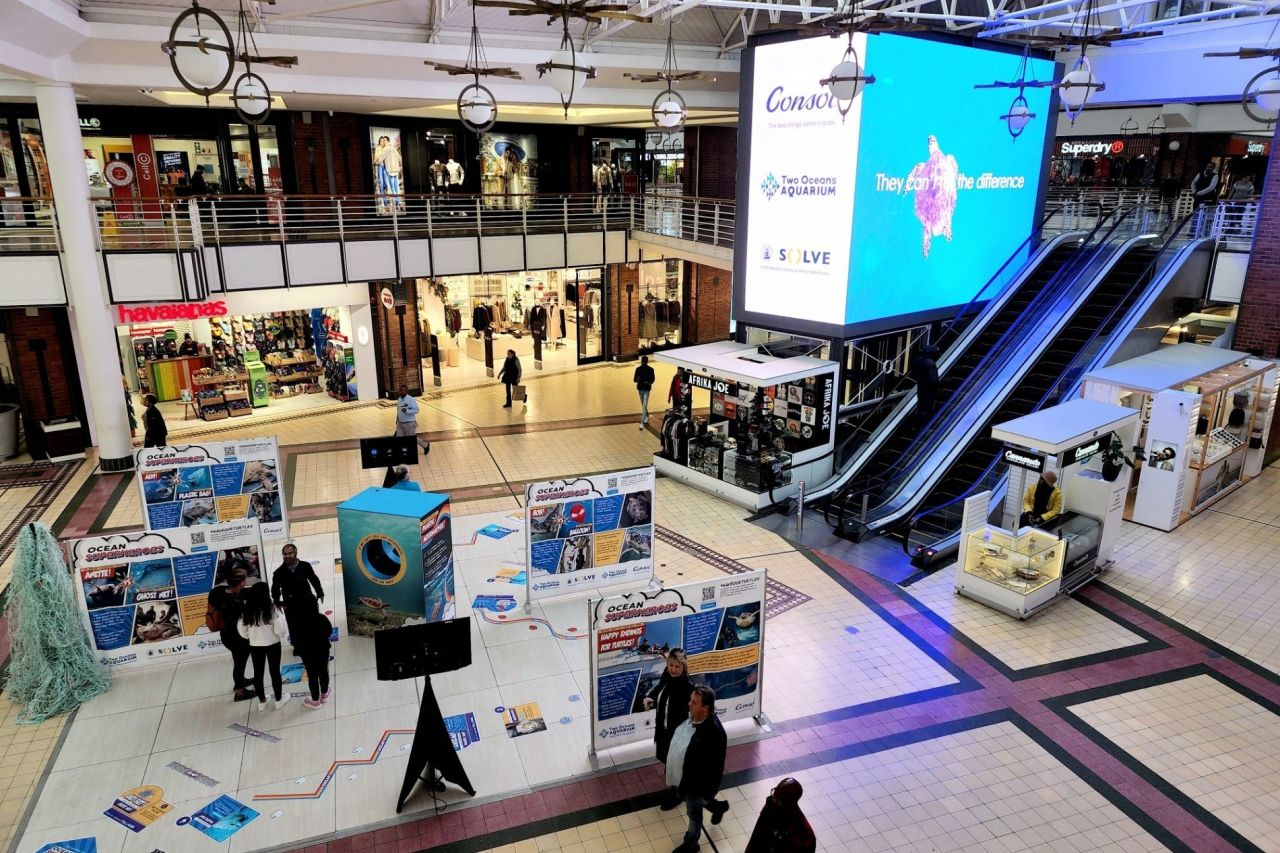
Related News
Sign up to our Newsletter
Receive monthly news, online courses and conservation programmes.
